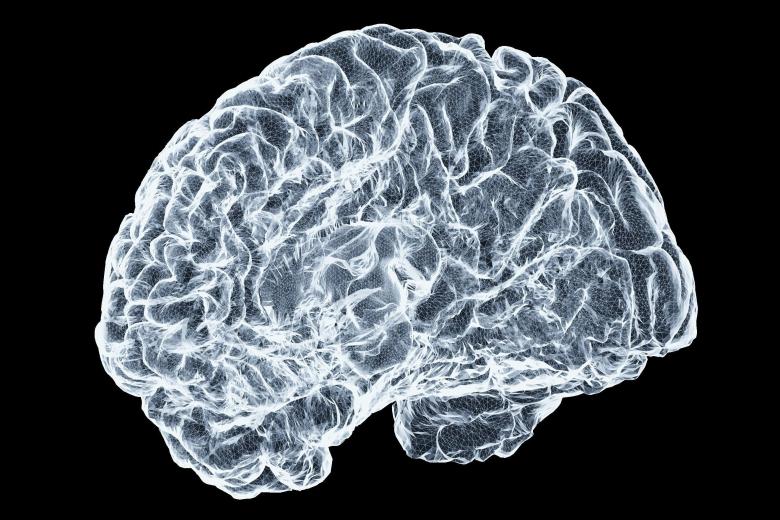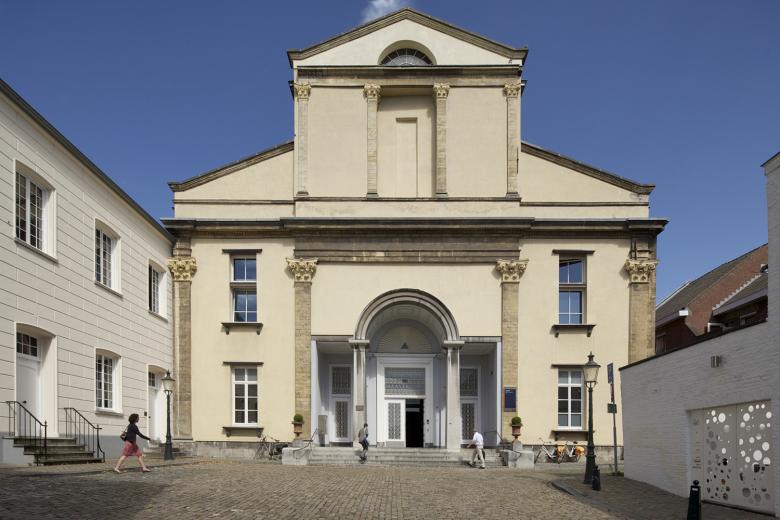NIMHANS and MHeNs fighting mitochondrial disease together
Last month, a paper was accepted for publication in Neuromuscular Disorders, which was the result of a successful collaboration between NIMHANS and MHeNS, aimed at resolving the genetic causes of mitochondrial disorders and finding novel treatment options.
Collaboration
This collaboration started with brain MRI studies in mitochondrial disorders, performed by Bindu Parayil Sankaran, who successfully defended this work as part of her PhD thesis in 2018 in Maastricht (Promotor Bert Smeets). The resulting patient cohort was studied at NIMHANS and at MHeNS in order to find the underlying the genetic defect in the mitochondrial or nuclear genome, providing a genetic diagnosis and appropriate counselling for the patients.
The accepted paper resulted from whole exome sequencing of a subgroup of patients with progressive external ophthalmoplegia and multiple deletions in the mitochondrial DNA. In one patient we found a deletion of 3 nucleotides in the C1QBP gene, which caused an in-frame deletion of an important amino acid in the C1QBP protein. C1QBP is a relatively novel gene, involved in mtDNA maintenance, providing further insight in this complex process. We are still working together on other patients, so it is likely that we will reveal additional genes and pathological mechanisms in mitochondrial disorders and potentially novel targets for treatment.
Also read
-
Most prestigious European grant to two UM scientists
Two Maastricht University professors are to receive the most prestigious European research grant for individual researchers: an ERC Advanced Grant, worth over €2.5 million. They are Lorenzo Moroni (MERLN) and Alexander Sack (FPN).

-
New insight into the role of brain changes in psychiatric disorders
It has long been known that in some psychiatric disorders certain parts of the brain show slight abnormalities. However, it was unclear whether these brain changes are caused by the illness itself, by medication, or by smoking. In a recent study, scientists at Maastricht University and Amsterdam UMC...

-
UM seeks new balance between the university and student associations
Maastricht University is suspending its relationship with student associations Tragos and Circumflex until further notice. Discussions with the boards of these associations have revealed that agreements outlined in the Code of Conduct have not been upheld. Experience from recent years shows that...
